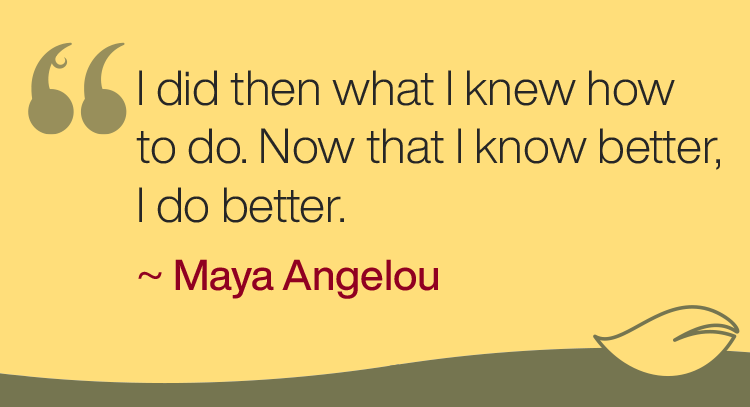All Digital Content
Designing for Neurodiversity, and Avoiding the Neuromyths
Customized Training (Disability Resource Center)
The Disability Resource Center (DRC) can provide customized training for your team. Submit a request on the DRC outreach & training form.
Offices of Equity and Diversity
At the University of Minnesota, equity and diversity are advanced as “everyone’s everyday work” through both system-wide and campus-specific opportunities.
Sign up for system-wide mailing lists to be notified of upcoming opportunities, and explore parallel resources and opportunities on your home campus:
Disability Resource Centers (DRCs)
The DRCs work with students, faculty/instructors, staff, and guests with disabilities to facilitate access and arrange reasonable accommodations.
The centers also support University faculty, instructors and administrators to create more accessible and inclusive systems, processes, and learning environments.
Disability Justice
Angela Carter and Katie Loop’s presentation on Academic Ableism in December was so popular, they are both back again this month. During this webinar, participants will be introduced to the history, foundational framework, and principles of Disability Justice, a framework for social justice examining disability and ableism as they relate to other forms of oppression and identity such as race, class, and gender.
Academic Ableism
If you’re invested in equitable education, attend the Accessibility Ambassadors December webinar presented by Angela M. Carter and Katie Loop. Participants will learn how to identify and challenge the particular ways that ableism shows up in higher education — also known as academic ableism.
Digital Accessibility Community of Practice: Fall Learning Experience
In fewer than 90 minutes, learn practices that have contributed to others’ digital accessibility success in academic technology, communications, or web spaces and consider how you will incorporate something you learn into your own work to improve digital accessibility.
Request a Presentation
Invite us to an upcoming meeting. Members of the Digital Accessibility Community of Practice are available to give an overview of digital accessibility over Zoom.
Complete the presentation request form and we'll work with you to schedule a presentation for your team or department.
Request a Cultivate Inclusion Presentation
Cultural Accessibility
Digital accessibility often focuses on technical standards and laws, but cultural and social dimensions are just as important for meaningful accessibility. In this webinar, Luke Kudryashov, from the Disability Resource Center, will introduce the concept of disability culture in relation to digital technologies and discuss ways everyone can contribute to a culture of accessibility in which people with disabilities feel valued and welcome.
